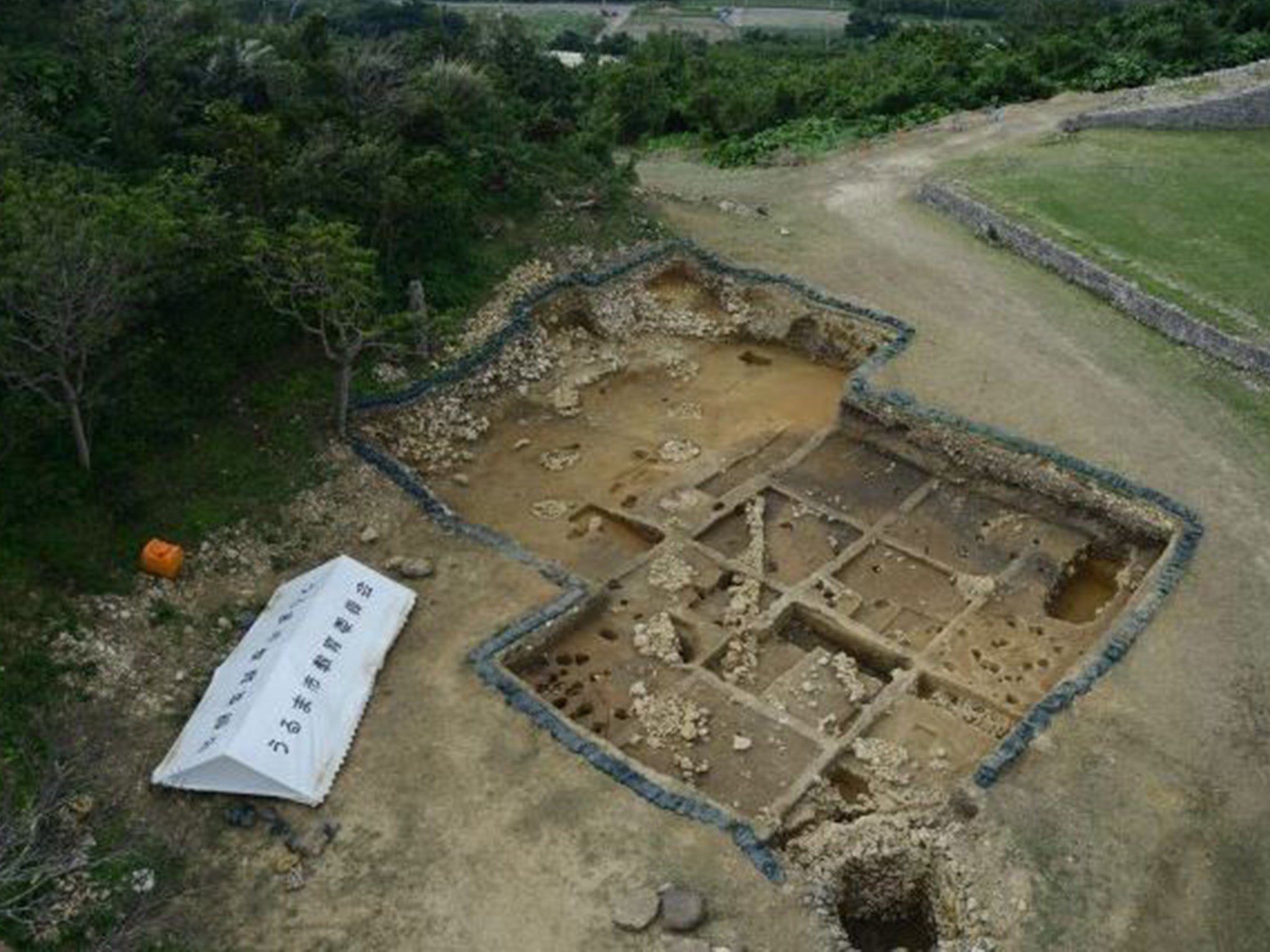Ancient Roman coins found buried under ruins of Japanese castle leave archaeologists baffled
The rare coins are thought to date back to around 400AD
Your support helps us to tell the story
From reproductive rights to climate change to Big Tech, The Independent is on the ground when the story is developing. Whether it's investigating the financials of Elon Musk's pro-Trump PAC or producing our latest documentary, 'The A Word', which shines a light on the American women fighting for reproductive rights, we know how important it is to parse out the facts from the messaging.
At such a critical moment in US history, we need reporters on the ground. Your donation allows us to keep sending journalists to speak to both sides of the story.
The Independent is trusted by Americans across the entire political spectrum. And unlike many other quality news outlets, we choose not to lock Americans out of our reporting and analysis with paywalls. We believe quality journalism should be available to everyone, paid for by those who can afford it.
Your support makes all the difference.Archaeologists were left baffled by the "strange" discovery of ancient Roman coins buried in the ruins of a castle in Japan.
The four copper coins were retrieved from soil beneath Katsuren Castle on Okinawa Island, and were originally thought to be a hoax before their true provenance was revealed.
The designs on the coins are difficult to decipher as they have been eroded over time, but x-ray analysis revealed several of the relics bore the image of Emperor Constantine I.
Since excavation on the site began in 2013, researchers have also found a further six coins which may be dated back to the Ottoman Empire in the late 17th century.
The Roman coins appear to be much older, dating back to at least 400AD according to estimates.
The board of education in the Japanese city of Uruma announced the discovery, and said the story of how the coins came to arrive in Japan remained shrouded in doubt.
Katsuren Castle was known to have been the focal point of trading partnerships with China and other Asian countries, but ties to Europe were not evident until the recovery of the coins.
The ruins of the castle were registered in 2000 on the World Heritage list as part of the Gusuku Sites and Related Properties of the Kingdom of Ryukyu.

Education spokesman Masaki Yokou told CNN: "It is a strange and interesting find. We don't think that there is a direct link between the Roman Empire and Katsuren Castle, but the discovery confirms how this region had trade relations with the rest of Asia."
The coins will be analysed further and displayed at Uruma City museum on Okinawa until the end of November.

Join our commenting forum
Join thought-provoking conversations, follow other Independent readers and see their replies
Comments